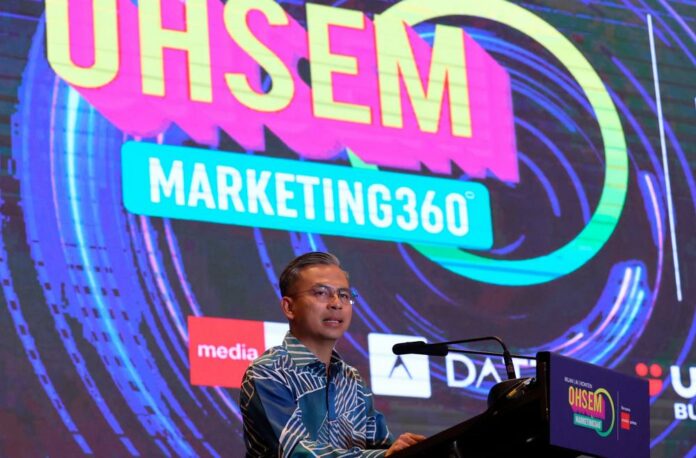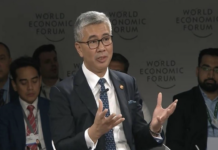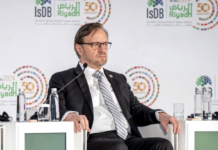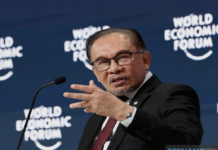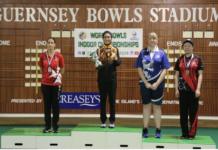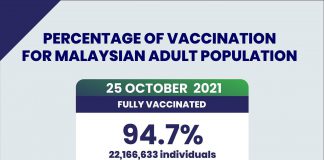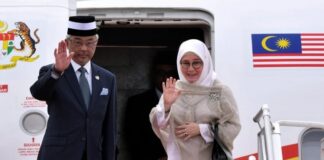KUALA LUMPUR, Aug 10 — The digital economy plays an important role in the MADANI Economy framework and the future direction of the country’s economy to create a wider market for Malaysians so that they are not tied to just the local market.
Communications and Digital (KKD) Minister Fahmi Fadzil said apart from providing a wider market, the sector allows Malaysians to work from any location provided they have access to stable internet connection.
As such, he said the main focus of KKD is to provide the complete infrastructure needed to narrow the digital divide, provide stable and cheap internet package, in addition to taking steps to improve digital literacy skills.
“For example, two days ago I was at Felda Soeharto where several youngsters have migrated to the cities in search of jobs, but with the internet and the digital economy, there are ways for them to earn a high income without having to leave their hometown.
“So with the digital economy, we will be able to reduce urban migration, but this will not deny them the opportunities to move forward, give their families a better life and earn a good income,” he said when appearing on RTM1’s morning programme, Selamat Pagi Malaysia, today.
He said the government expects the digital economy sector which has so far contributed 23 per cent to the Gross Domestic Product to increase to 25.5 percent in 2025.
Fahmi is confident that with the MADANI Economy framework launched by Prime Minister Datuk Seri Anwar Ibrahim on July 27, marketability of local products under the initiatives planned by the government for the digital economy sector could reach at least 652 million people in Southeast Asia.
As of July 31, a total of 5,515 of the 7,509 planned 5G sites have been completed to reach 66.8 percent of coverage of populated areas (CoPA), while 4G coverage has reached 96.2 percent of CoPA nationwide.
According to Fahmi, for areas that do not have internet access, some areas could be installed with telecommunication towers and fiber optic cables, but for areas that are located in the interiors or hilly areas there are four providers of satellite broadband including Starlink.
He said, in addition to the recent installation of the Starlink internet device at Universiti Teknologi MARA (UiTM) Kuala Pilah campus, the ministry will also install a similar device in an Orang Asli settlement today as proof of concept.
In addition, the ministry will also work in collaboration with several other ministries to get information of remote locations or areas where there are no telecommunication towers and to assess their need for Starlink satellite devices.




